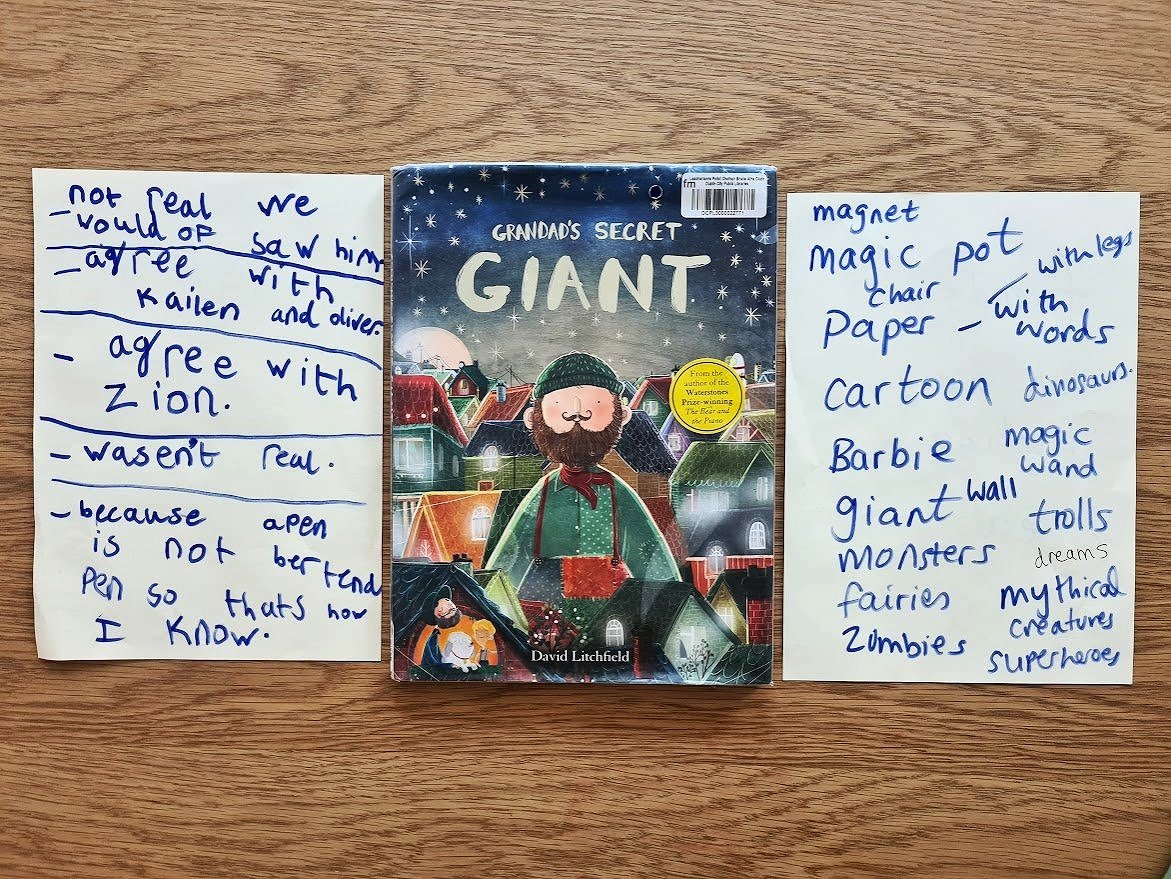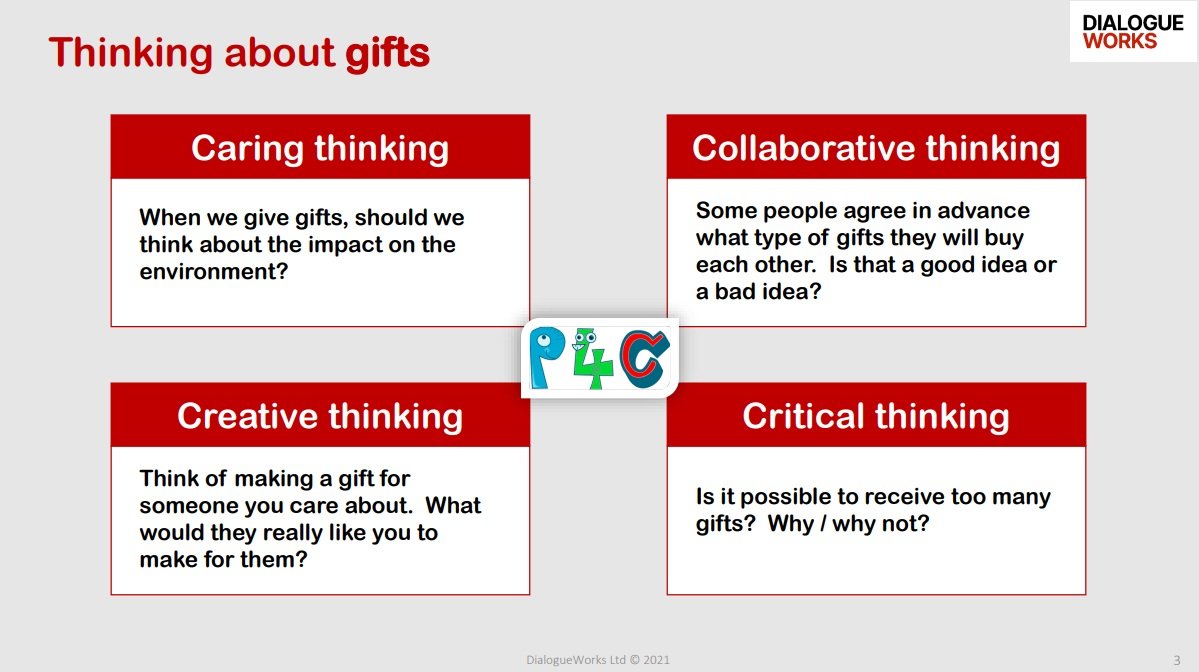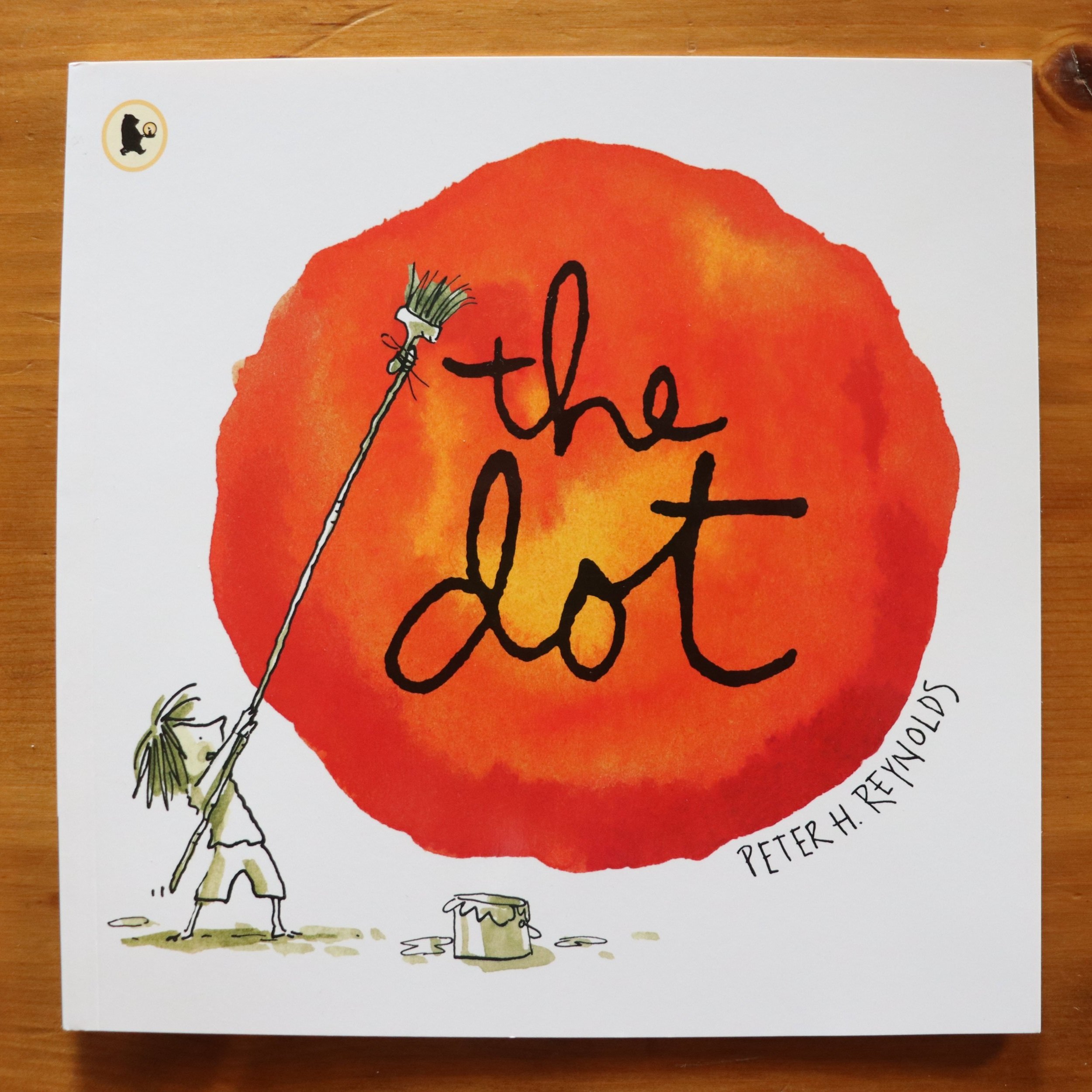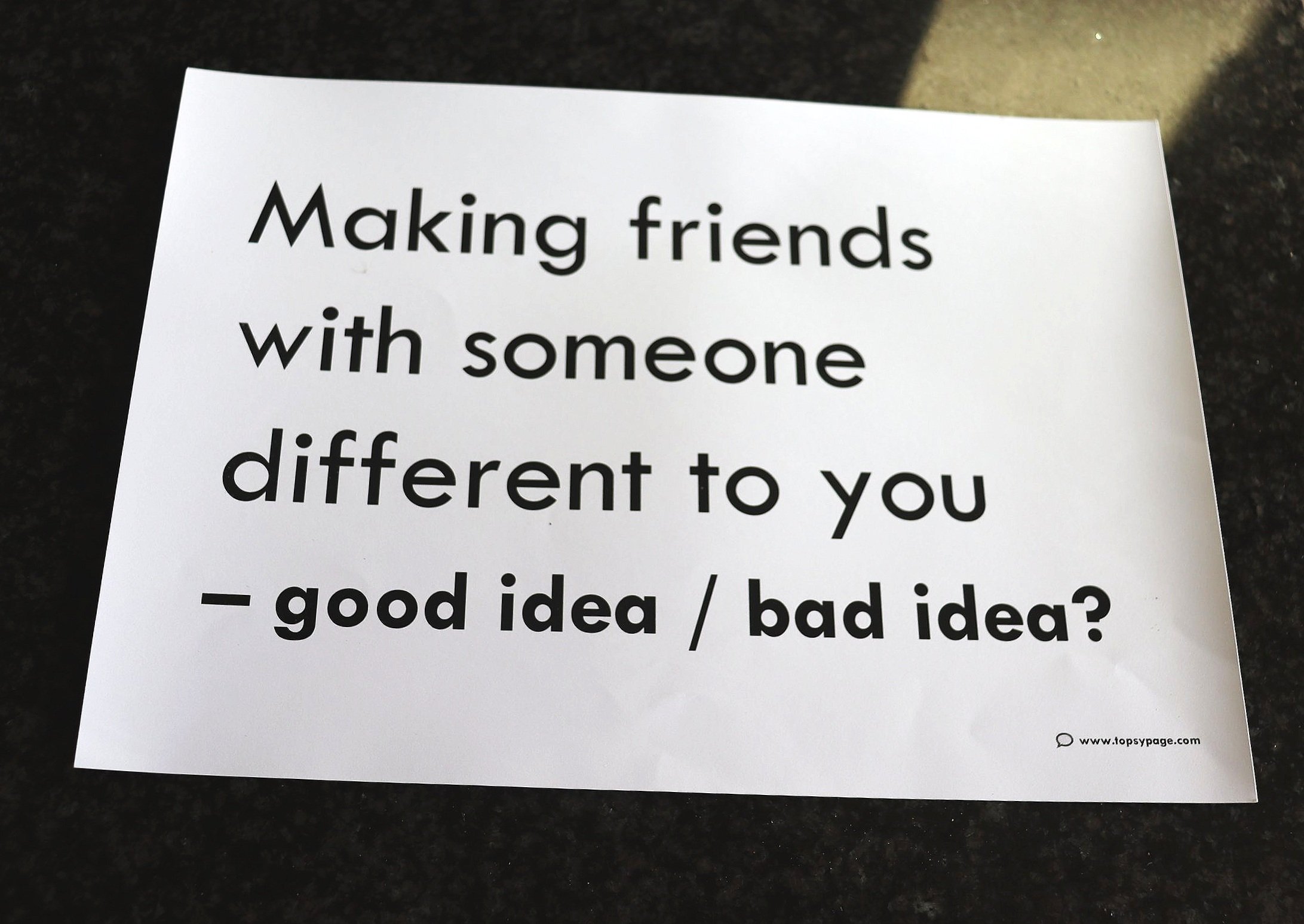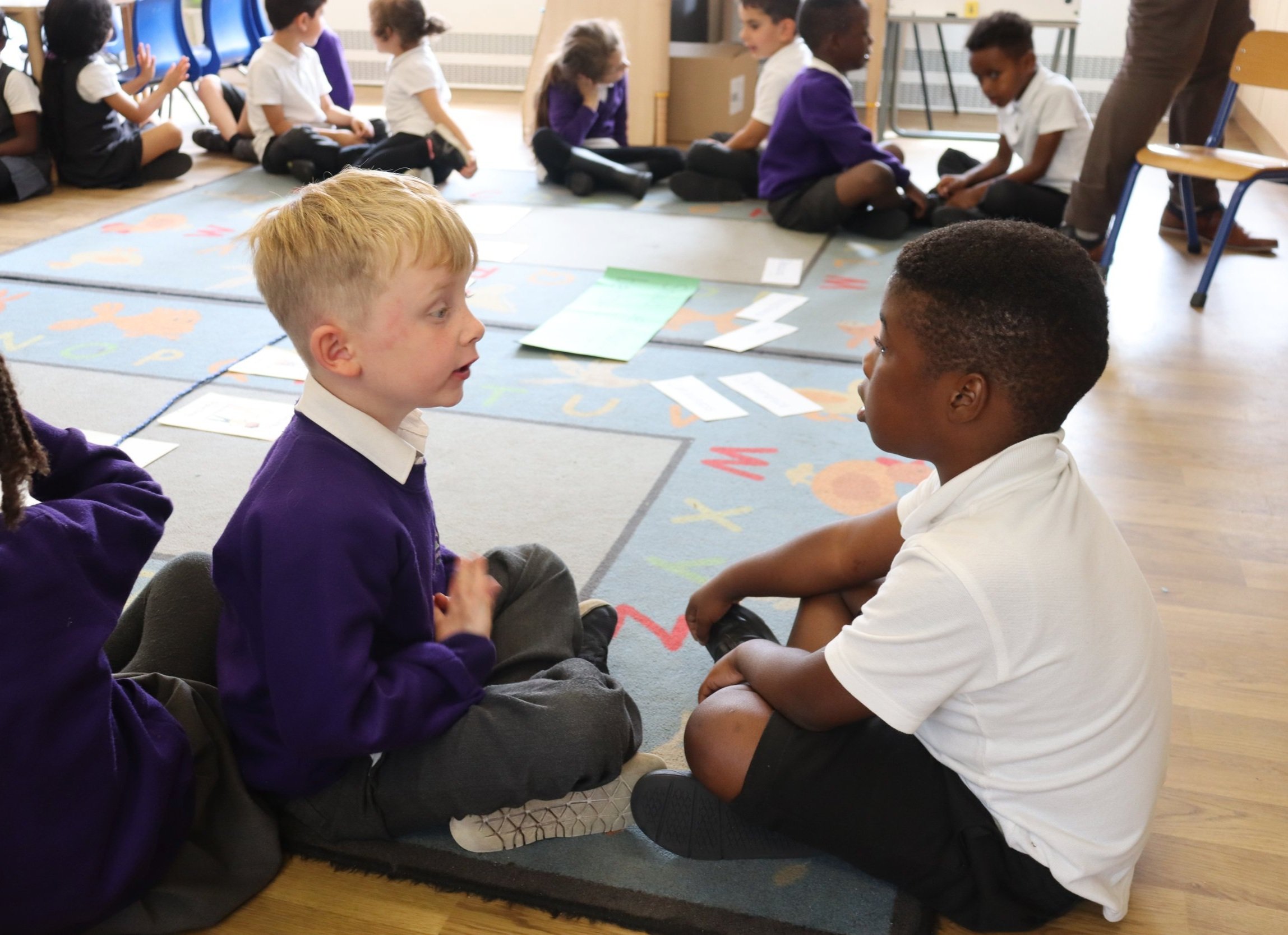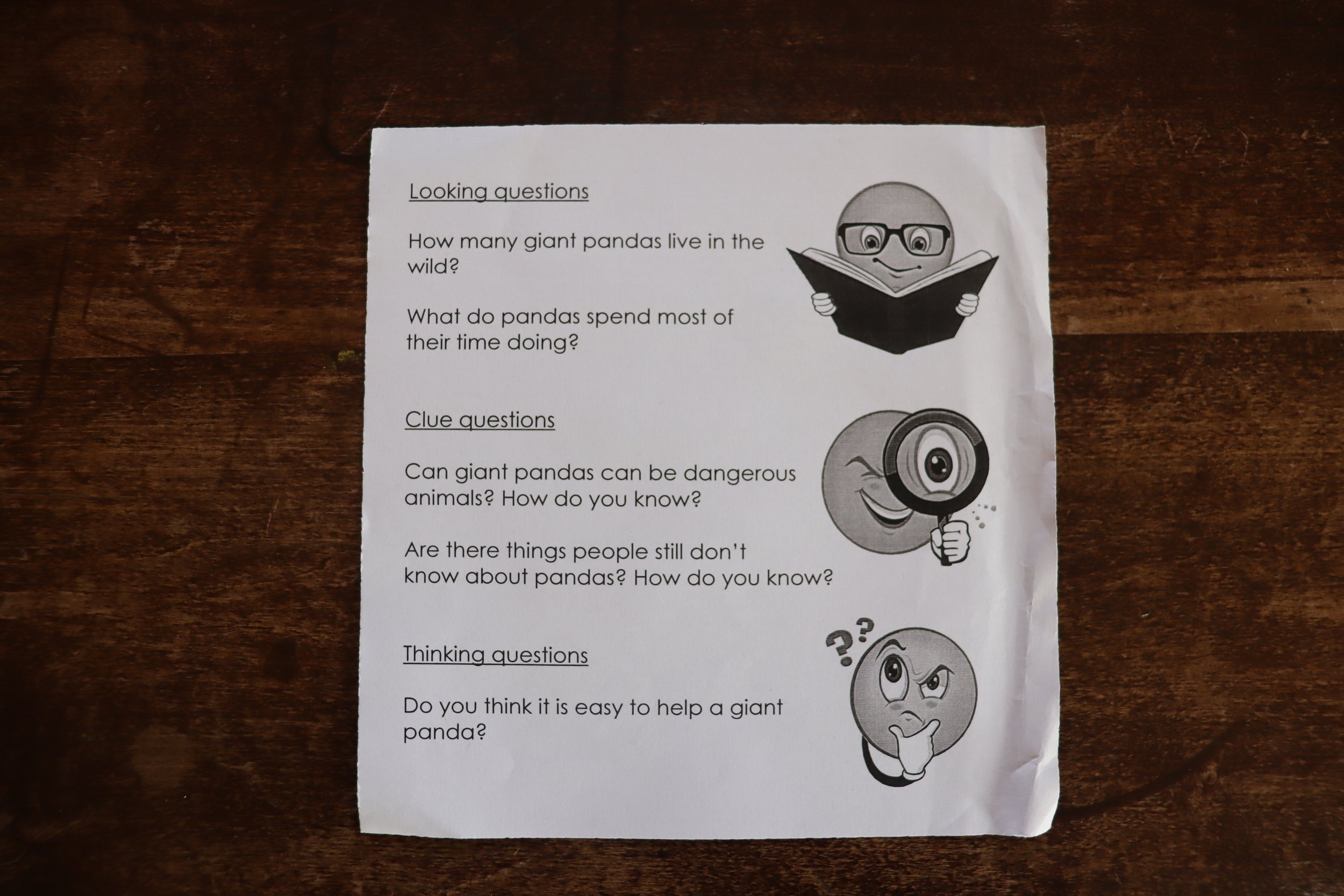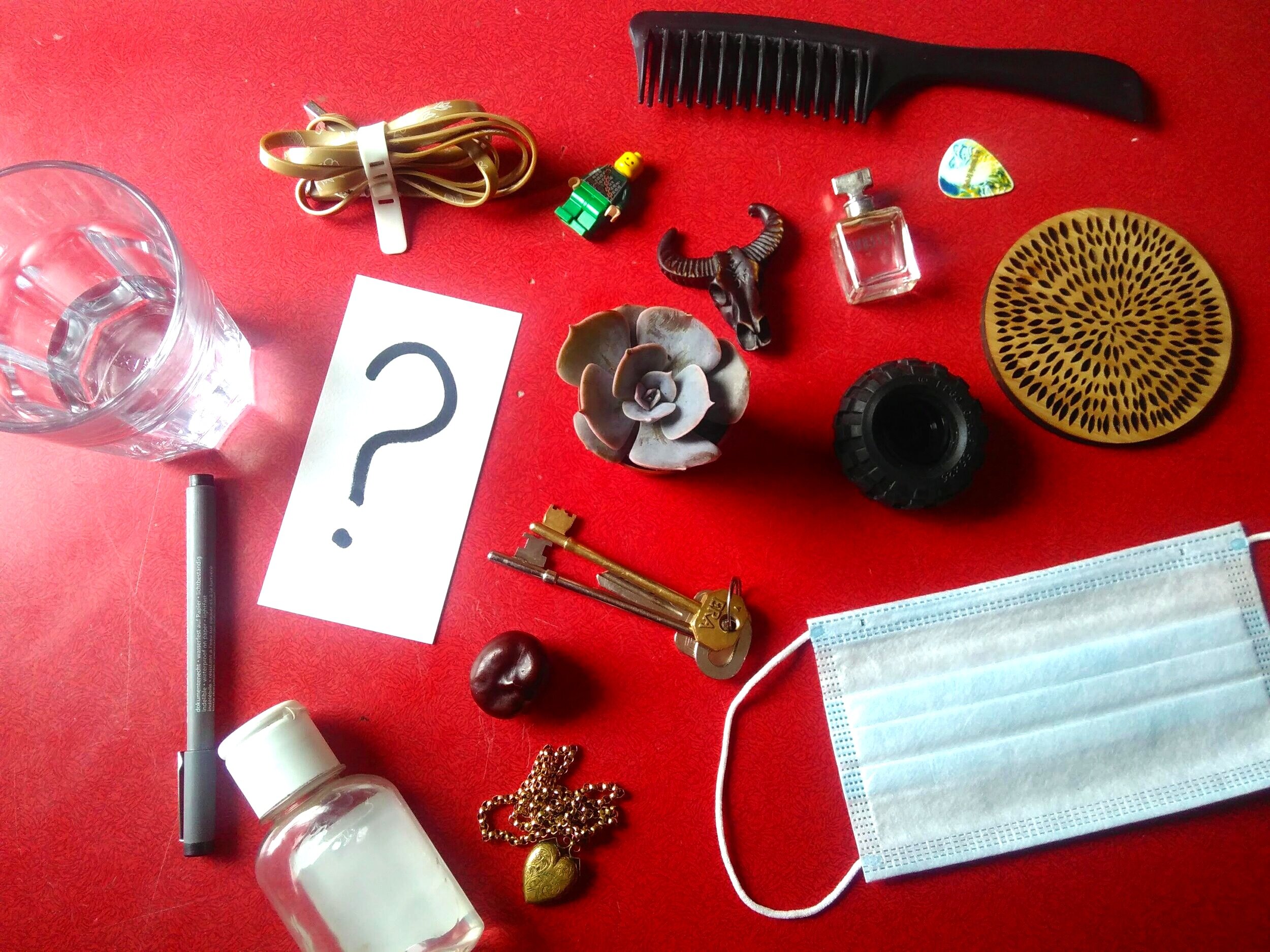One great thing about being in a network is the tips you pick up. Here’s a game I learned from a colleague in SOPHIA, and some examples from the P4C Thursday group which I coordinate.
Ask two students to each tell you a word – any word (start with nouns). Join the two words together and say the new made-up compound word out loud to everyone. For example, Student A says sun and Student B says sofa, so you say ‘sun-sofa’.
Then challenge everyone to think of what the new word could mean. The Thursday group came up with:
A sofa outside in the sun.
A sofa made from the sun!
It’s what the sun sits on at night!

Here’s another example. ‘Ring-rabbits’ generated ideas including these:
They’re rabbits who hold the rings at weddings!
It’s when you see rabbits sitting in a circle having a lovely picnic in a meadow.
Ring-rabbits are the rabbits trained to fight in the boxing ring!

You can then move on to invent compound words using abstract nouns. Ask everyone to write down an abstract noun or concept, then put two of them together. What could this new word mean? For example, ‘joy-courage’…
It’s the courage to show that you’re joyful when you’re surrounded by miserable people.
It’s courage to let go.
It’s the feeling when you go on a scary rollercoaster!
An example of using children’s wonderings to guide a philosophical discussion
Statements to get your class thinking and talking in the lead-up to the holidays
What will happen when you remove the fear of being wrong?
How one teacher helped her class go deeper in their P4C enquiry
An oracy game, a mental workout, and an opportunity to practise respectful challenge
Develop pupil thinking and gain insight into concerns
Can your class come up with convincing definitions for the new words they invent?
A physical, fun game that can be played face-to-face or virtually
Encouraging pupils to think more deeply in reflection and talk time
An example of using a small-but-curious event to get pupils talking and thinking
Get students thinking and talking with a game that only takes moments to set up.
A simple way to help learners structure their talk, thinking and note-taking.
Questions that get children thinking and talking.
A lovely example of a game which generates creative thinking and can give children ownership of their talk.

